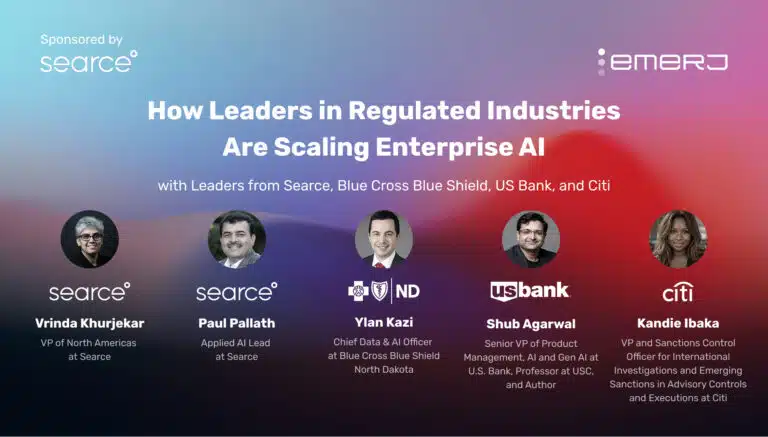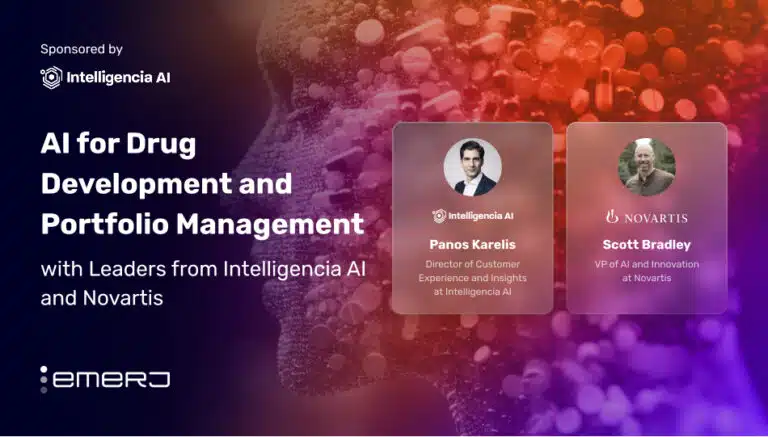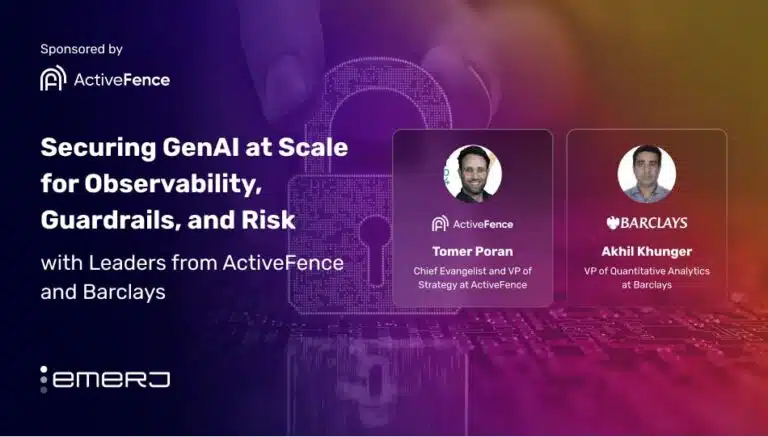Technology Provider: Luminoso
User Company: C Space
C Space is a Boston-based agency that helps global firms better understand their customers and develop growth strategies. C Space establishes and manages online communities for its clients, garnering large masses of unstructured text in the form of forum posts, comments, and more.
Industries: Healthcare / Pharma
Applications: Text and Language Processing
Problem
C Space was working with a global pharmaceutical company by facilitating an online community of schizophrenia caregivers across the USA. The company was working with this community in order to:
- Understand the major issues that these caregivers faced
- Determine which of the company’s resources was most valued by this community
- Determine the best method of communicating with this caregiver community
C Space had engaged with this caregiver community through surveys, forums, journal entries, and other communication mediums for nine months, and the company now sought to distill important overall themes of sentiment and feedback from all of this unstructured text.
The rich nature of the data in the online community promised great opportunity for insights into this caregiver group, but also posed major challenges because of the mostly unstructured nature of the varied content across many members and across time.
Actions Taken
C Space decided to work with Luminoso to coax out more tangible insights from the rich data set collected from the schizophrenia caregiver community. In part, Luminoso was chosen because their solution does not require the creation of new training sets or ontologies, which are often required for most traditional text analytics applications.
Luminoso’s analytics solution vectorized the unstructured data, mapping words and phrases to reveal relationships between key themes and ideas. C Space was able to “drill down” into these major themes and relationships, looking at individual conversations or groups of comments that related to a higher-level theme.
Results
Luminoso claims to have gleaned key insights from this data that the pharmaceutical client found “extremely valuable.” Luminoso states that the pharma company went on to use these insights directly in their marketing efforts to schizophrenia caregivers.
Luminoso was able to share some reasonably specific insights and customer sentiment from their text analysis with C Space and the pharmaceutical client:
- Through sentiment analysis, Luminoso found that caregivers almost never directed negative sentiment towards the person with schizophrenia. Negative sentiment was generally expressed towards the disease itself, the factors that trigger it, the side effects of drugs, or other outside factors.
- Caregivers were found to be particularly hard on themselves with respect to their caregiving responsibilities. They tended to overtly downplay their own exhaustion or feelings out of a sense of duty or “putting them (the person with schizophrenia) first.” Throughout the online community that C Space was monitoring, it seemed that much more negative sentiment was expressed by the caregivers toward themselves than to medical professionals, mental health professionals, or any other group identified.
- The priorities of caregivers shift gradually over time. Caregivers with little experience tend to be fraught with uncertainty about routines, treatments, and medication – and experienced caregivers (with 11 or more years of caregiving for someone with schizophrenia) tend to focus more on topics related to giving physical and emotional support.
Transferable Lessons
Sometimes applications of artificial intelligence are less about achieving an objectively “better” result (i.e. improving diagnosis of a certain cancer by 15%). Rather, some applications involve coaxing out relevant patterns and “clusters” that might hold real-world meaning for companies, allowing them to improve their operations.
It should be noted that clustering and insight-distillation from masses of unstructured text is most likely to be adopted by (a) companies with enough budget to afford such in-depth customer / market research needs (global pharma companies obviously fit this well), (b) companies with long-term goals in a specific sector or niche. Efforts of this kind would be unlikely to be executed for a short-term “campaign”, but would be a potentially worthwhile investment for companies looking to expand market share in an niche where they plan to operate for decades.




















